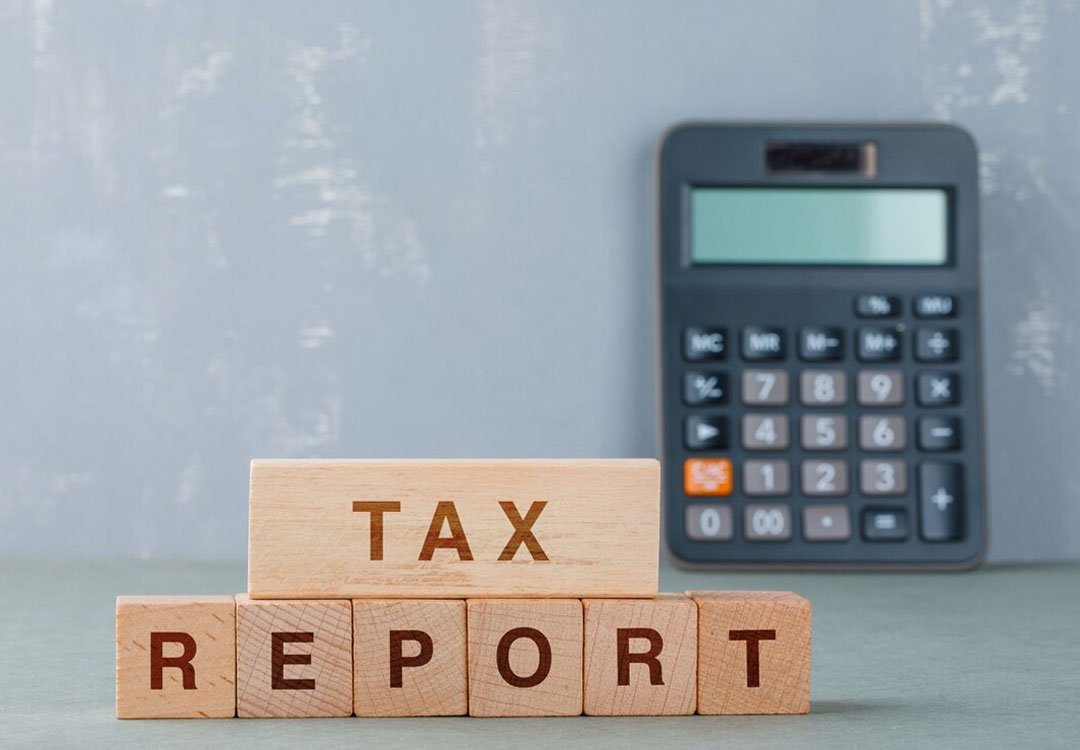Selling your HVAC company in the UK can be a complex process, but with the right preparation and guidance, it can be a rewarding experience. Here are some key factors to consider when selling your HVAC company:
1. Valuation of Your Business
- Get a Professional Valuation: Before selling, it’s essential to know the true value of your business. Seek out a professional business valuator who specializes in HVAC companies. They’ll consider various factors like revenue, profit margins, assets, customer base, and market conditions.
- Assess Business Performance: Potential buyers will assess your business’s financials, including historical profits, cash flow, and growth potential. Ensure your books are in order, and if needed, work with a financial advisor to prepare clean financial statements.
2. Legal Considerations
- Business Structure: Understand the structure of your company (sole trader, limited company, partnership) as this affects the sale process and tax implications.
- Contracts and Liabilities: Review any outstanding contracts or legal obligations. Ensure all contracts with customers, suppliers, and employees are transferable to a new owner. Additionally, settle any liabilities or debts before selling if possible.
- Employment Considerations: If you have employees, make sure you comply with employment laws. You may need to provide certain employees with notice periods or agreements outlining what happens after the sale.
3. Tax Implications
- Capital Gains Tax: In the UK, the sale of a business is subject to Capital Gains Tax (CGT). The amount you owe will depend on the sale price, your ownership structure, and whether you qualify for tax reliefs like Entrepreneurs’ Relief.
- Tax Reliefs and Deductions: You may be eligible for tax reliefs that reduce your tax burden. For example, Business Asset Disposal Relief (formerly Entrepreneurs’ Relief) may allow you to pay a reduced rate of CGT if you meet certain criteria. Consult a tax advisor to understand how to minimize tax on the sale.
- VAT Considerations: If your company is VAT registered, consider the VAT implications when selling assets or shares.
4. Preparing Your Business for Sale
- Clean Up Financials: Buyers will want to see clear, up-to-date financial records. Get your financials in order and remove any non-essential or personal expenses that might affect profitability.
- Improve Business Operations: Streamline operations, resolve outstanding issues, and optimize your business processes. A business that is running smoothly is more attractive to potential buyers.
- Customer Base and Contracts: A loyal customer base and long-term service contracts are very attractive to buyers. Make sure you have a clear understanding of your customer relationships and any recurring revenue streams.
5. Finding the Right Buyer
- Private vs. Strategic Buyers: There are different types of buyers — private individuals, competitors, or larger companies in the HVAC or energy sectors. Understand what type of buyer is best for your business and approach the sale accordingly.
- Confidentiality: Selling a business can raise concerns among employees, suppliers, and customers. You may want to implement non-disclosure agreements (NDAs) during negotiations to keep the sale confidential until the deal is finalized.
6. Deal Structure and Negotiation
- Asset Sale vs. Share Sale: In the UK, you can either sell the assets of your business (equipment, customer contracts, etc.) or sell the shares of your company. Each structure has different legal and tax implications, so it’s important to understand which one works best for your situation.
- Negotiation Strategy: Be prepared for negotiations. Buyers may want to reduce the price or ask for warranties and guarantees. Work with legal and financial advisors to ensure you don’t accept an offer that doesn’t meet your expectations.
- Payment Terms: Be clear about how payment will be made. It could be in lump sums or installments, depending on the terms negotiated. Ensure the terms are clearly outlined in the contract.
7. Consider Your Post-Sale Role
- Transition Period: Some buyers may want you to stay on temporarily to help transition the business or manage relationships with clients. This can be a valuable opportunity to ensure a smooth handover and protect your reputation.
- Non-compete Agreements: You may be asked to sign a non-compete agreement, which prevents you from starting or working for a competing HVAC business for a certain period in the same geographical area.
8. Timing of the Sale
- Market Conditions: The timing of your sale matters. The HVAC industry, like other sectors, is influenced by economic conditions, demand for services, and regulatory changes. Be mindful of these factors when choosing the right time to sell.
- Business Growth: If your business is experiencing strong growth or is in a particularly competitive market, you may be able to fetch a higher price. On the other hand, if your business is struggling, you may want to address any issues before selling.
9. Seek Professional Advice
- Legal and Financial Advisors: Selling a business involves numerous legal and financial complexities. It’s essential to work with professional advisors, including solicitors, accountants, and business brokers who specialize in company sales.
- Mediation and Dispute Resolution: In case of any disagreements with potential buyers, having a mediator or legal expert can help resolve conflicts and ensure a fair process.
10. Emotional Readiness
- Letting Go: Selling a business you’ve built can be emotionally challenging. Take the time to reflect on your decision and ensure you’re ready for the next chapter, whether that’s retirement, pursuing new ventures, or simply stepping away from the business world.
By carefully considering these factors, you can ensure a smooth and successful sale of your HVAC company in the UK. Proper preparation, professional advice, and attention to detail will help you maximize the value of your business and set you up for the future.




